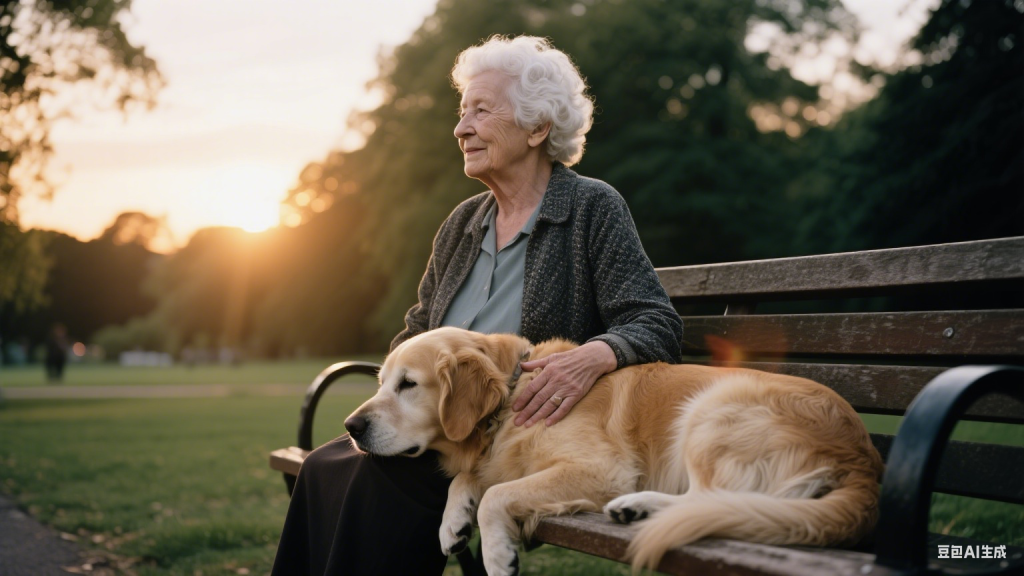We often talk about pets as companions, but new global research shows they may be much more—they might be one of the most underappreciated tools for mental well-being. Recent surveys reveal that more than 80% of pet owners believe their pets have a positive impact on their mental health. This is not just heartwarming—it’s a wake-up call for how society could think about emotional care.

Pets as Everyday Therapists
From wagging tails to gentle purrs, pets provide consistent, non-judgmental support that is hard to replicate elsewhere. Psychologists note that interacting with animals can lower cortisol levels, slow heart rate, and release oxytocin, the “bonding hormone.” This means that playing fetch isn’t just fun—it’s literally biochemistry at work.
Fighting Modern Loneliness
In a world where urban living can feel isolating and digital interactions often replace face-to-face ones, pets fill a crucial emotional gap. Over 80% of surveyed owners said their pets help reduce feelings of loneliness. For elderly individuals or those working remotely, a pet’s presence can be the difference between feeling disconnected and feeling part of a daily rhythm of care.
Healthy Aging with Four Paws
Emerging data suggests that pet ownership can encourage healthy aging by keeping people physically active, socially engaged, and emotionally supported. A walk with a dog becomes a reason to step outside, interact with neighbors, and maintain a daily routine—three key factors in long-term mental resilience.
More Than Comfort: A Public Health Opportunity
If pets are this effective at supporting mental well-being, it raises a bold question: should pets be considered part of public health strategies? Imagine urban policies that make pet ownership easier—more pet-friendly housing, community dog parks, and accessible veterinary care—not just as a lifestyle choice, but as a mental health investment.
Reframing the Human–Animal Bond
The idea of pets as “family” is now more than a sentiment; it’s backed by data showing real mental and emotional benefits. As we search for solutions to rising rates of anxiety, depression, and isolation, we may find one answer already curled up at our feet.
In short: the relationship between humans and pets is no longer just about companionship—it’s about mutual healing. The future of mental wellness might just have fur, feathers, or fins.
